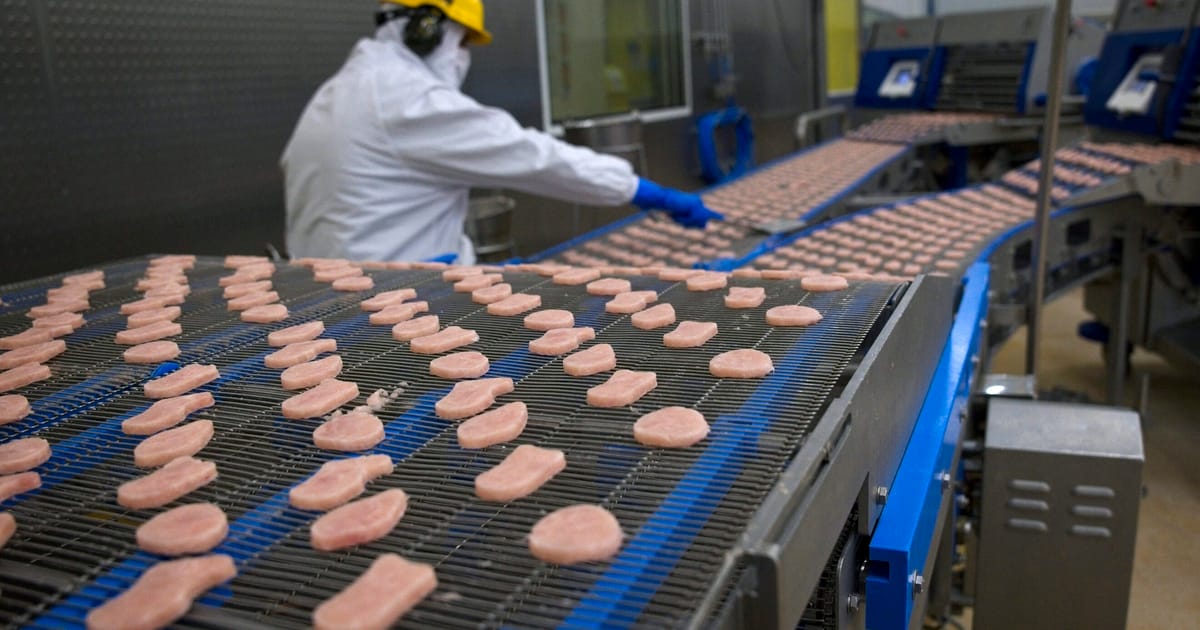- cross-posted to:
- worldnewsnonus@lemy.lol
- cross-posted to:
- worldnewsnonus@lemy.lol
“We have to stop destroying the planet as we feed ourselves,” a World Bank official said, as red meat and dairy drive CO2 emissions.
Cows and milk are out, chicken and broccoli are in — if the World Bank has its way, that is.
In a new paper, the international financial lender suggests repurposing the billions rich countries spend to boost CO2-rich products like red meat and dairy for more climate-friendly options like poultry, fruits and vegetables. It’s one of the most cost-effective ways to save the planet from climate change, the bank argues.
The politically touchy recommendation — sure to make certain conservatives and European countries apoplectic — is one of several suggestions the World Bank offers to cut climate-harming pollution from the agricultural and food sectors, which are responsible for nearly a third of global greenhouse gas emissions.
…
The paper comes at a diplomatically strategic moment, as countries signed on to the Paris Agreement — the global pact calling to limit global warming to 1.5 degrees Celsius — prepare to update their climate plans by late 2025.



“red meat”
What does this expression even means nowadays?
Beef should be expensive. It should return to what it was thirty or forty back: a luxury item. Nobody needs to eat a steak every day.
But is pork still - or again? - red meat? It had been disqualified as such some time back.
Bring on cheaper vegetables, please. I’m seeing cabbage peak at €2,19. Poultry is on average €2,29, peak on the €2,69. It’s borderline as expensive to make a pot of quality soup than to make a roast chicken.
Cheaper veg means either more subsidies or more slavery. Check out the greenhouses outside Almeria. You can see that place from space, and it’s chock full of African workers in 40C+ heat making a pittance.
I think meat benefits from corn being pretty much automated on a giant scale. Most veg needs workers to harvest it, and a lot of it rots quickly once picked.
You raise a good point and ending slavery should be a top concern.
I’m in Portugal, and we’ve had a few cases of slavery and abused foreign workers here as well, which is shameful for us as a nation, but we have many good examples of good practices where applying technology improved production, lowered waste, turned out better product for the consumer and allowed for less use of hand labour but with higher salaries.
The starting investment is high but the subsidies you mention could/should be converted into low or zero interest, long term loans and the money recirculated towards more improvements in the sector.
Greenhouses do consume immense ammounts of fertilizers but water is better manageable under those conditions than sowing corn, which is well known for being a syphon for water and agro chemicals, and usually leaves the soils destroyed after a few years of intense farming.
Any change for a better model done will a step forward. Cattle, as it is raised today, I don’t find it sustainable.